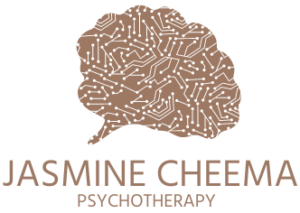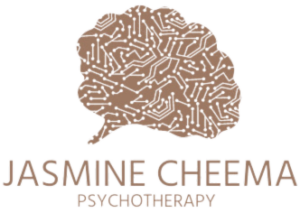
Trauma has a profound impact on individuals, and its effects can reverberate beyond the immediate survivor. Intergenerational trauma refers to the transmission of trauma from one generation to another. Taumatic experiences can leave a lasting imprint not only on the individuals who directly experience them but also on their descendants, affecting their psychological, emotional, and even physical well-being. In this blog, we will explore the concept of intergenerational trauma, how it can manifest, and the importance of understanding and addressing it in therapeutic settings.
What is Intergenerational Trauma?
Intergenerational trauma suggests that the effects of trauma can be passed down from one generation to the next, impacting the mental health, behaviour, and overall well-being of individuals who did not directly experience the traumatic event. This concept emerged from research on the Holocaust survivors and their descendants, as well as other historical events such as slavery, colonization, genocide, and war. It is believed that trauma can be transmitted across generations through various mechanisms, including biological, psychological, and social processes.
Socially, intergenerational trauma can be perpetuated through cultural, societal, and systemic factors. Traumatic events may result in collective trauma within communities, leading to changes in cultural norms, beliefs, and values. These changes can be transmitted across generations, shaping the way individuals within a community perceive themselves, others, and the world around them.
Biologically, trauma may affect the expression of genes, leading to changes in the regulation of stress responses and other physiological functions. These changes can then be passed down through generations, potentially influencing the health and well-being of offspring.
Psychologically, intergenerational trauma can impact the family dynamics, attachment patterns, and coping strategies of affected individuals. Trauma can disrupt the normal development of individuals, leading to emotional dysregulation, impaired attachment relationships, and maladaptive coping mechanisms. These psychological effects can be transmitted to future generations through learned behaviours and coping strategies that are passed down within families.
Manifestations of Intergenerational Trauma
The effects of intergenerational trauma can manifest in various ways, and the symptoms may not always be immediately recognised as being related to past traumatic events. Here are some common manifestations of intergenerational trauma:
- Psychological and emotional symptoms: Descendants of trauma survivors may experience symptoms such as depression, anxiety, post-traumatic stress disorder (PTSD), dissociation, and other mental health conditions. These symptoms may arise due to the impact of trauma on their family dynamics, attachment patterns, and coping strategies.
- Behavioural patterns: Intergenerational trauma can influence an individual’s behaviour, including patterns of self-destructive behaviour, substance abuse, aggression, or avoidance. These behaviours may serve as coping mechanisms or attempts to regulate the overwhelming emotions associated with trauma.
- Relationship difficulties: Intergenerational trauma can affect an individual’s ability to form and maintain healthy relationships. It may result in difficulties with trust, emotional intimacy, and communication, which can impact their relationships with romantic partners, friends, and family members.
- Identity and self-esteem issues: Intergenerational trauma can impact an individual’s sense of self and identity. Descendants of trauma survivors may struggle with issues related to self-worth, self-esteem, and identity formation, as they grapple with the legacy of trauma that has been passed down to them.
- Cultural and societal impacts: Intergenerational trauma can affect entire communities or cultures, leading to changes in cultural norms, beliefs, and values. These changes may manifest in cultural practices, collective memory, and societal responses to trauma.
If you identify with the concepts explored in this blog and would like to know more, get in touch today!

